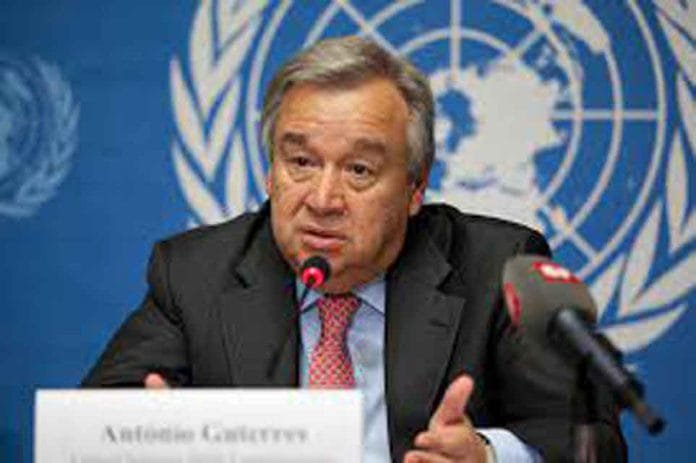Belém, Brazil — November 15, 2025:
As world leaders converge in the Amazon for COP-30, a new suite of UN-led climate assessments has delivered a stark warning: the planet remains on track for up to 2.6°C of warming by 2100, even if nations meet their existing climate pledges. The findings underscore a widening emissions gap and raise urgent questions about global readiness to confront escalating climate extremes.
The UN Environment Programme’s latest emissions analysis shows that current national policies would push global heating to 2.6–2.8°C—a trajectory scientists say would trigger irreversible climate tipping points, widespread ecosystem collapse, and intensifying heatwaves, floods, and wildfires across every continent.
The World Meteorological Organization, in its “State of the Climate — COP-30 Update,” confirms that 2025 is expected to finish among the top three warmest years on record, while the 11-year period from 2015–2025 is now officially the hottest in human history. Greenhouse gas concentrations—including carbon dioxide, methane, and nitrous oxide—have all reached record levels.
At the opening ceremony in Belém, UN Secretary-General António Guterres warned that missing the 1.5°C Paris threshold would be a “historic moral failure,” urging wealthier nations to lead with deeper emissions cuts and realistic timelines for a global fossil-fuel phase-out. Climate scientists add that every “fraction of a degree” of warming avoided now could prevent catastrophic outcomes later this century.
Negotiators at COP-30 face intense pressure to deliver a credible roadmap for higher ambition—particularly on financing. Developing countries are demanding stronger commitments on adaptation funds, loss and damage mechanisms, and clean-energy investments that match the scale of the crisis.
With the Amazon rainforest as a symbolic backdrop, COP-30 is being billed as a transformative moment for climate action. The science is clear: without an immediate course correction, global warming is poised to exceed dangerous thresholds, reshaping weather patterns, economies, and societies worldwide.














